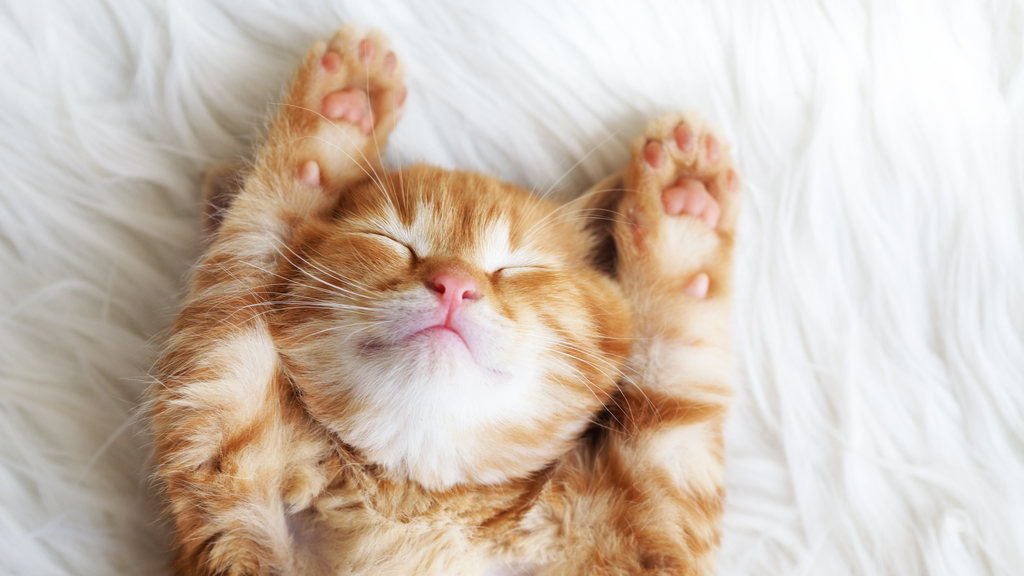“Sleep is the elixir of life”

“Sleep is the elixir of life” according to leading Neuroscientist Matthew Walker.
The well-rested have a powerful immune system and resilience to COVID-19, influenza strains and other illnesses. Including a drastic increase in your cancer fighting immune cells.
Giving yourself a non-negotiable, eight-hour, sleep opportunity every night is one of the best commitments to self-care you can make. This means being in bed for up to 9 hours allowing your body time to assimilate the day’s activities, relax and enter the sleep zone.
Start today by going to bed and waking up at the same time every day. Instead of setting an alarm to wake up, set an alarm 30 minutes before your bedtime so you can commence your bedtime routine and ensure you get to bed on time.
A simple bedtime routine can include a warm bath or shower and your skincare routine and other forms of self-care.
A lack of sleep interrupts the body’s ability to control blood sugars by decreasing the levels of the ‘I am full’ signalling hormone leptin and increases levels of the ‘I am hungry’ signalling hormone, ghrelin. This makes you crave the wrong foods and leaves you more susceptible to weight gain and diabetes. Other potential health problems can include hormone imbalances and increases the effects of ageing.
How many of us have reached for a mid afternoon coffee to survive the afternoon? Did you know the quarter life span of coffee is 12 hours? This means if you have a coffee at midday your brain will still be feeling a quarter of the effects at midnight. So, if you are sleep sensitive (your natural ability to handle disturbances during your sleep) then it is suggested you avoid caffeine late in the day. This includes stimulants such as caffeinated drinks, cigarettes, alcohol and dark chocolate. (Surely not alcohol too!) Sadly yes, consuming alcohol will decrease your sleep efficiency and inhibit your REM phase.
Moreover, a continued lack of sleep across your lifespan will significantly raise your risk of developing Alzheimer’s disease, as sleep aids our ability to make new memories, and restores our capacity for learning.
So how does sleep work? Well sleep works in 90-minute cycles and it’s at the end of this cycle you enter deep sleep and begin to dream. This lovely therapeutic state is when your body is perfectly still and you process your experiences and consolidate them. Being still will mean you don’t act out your dreams, so you are effectively emotionally recharging your memories, making them easier to bear. We need our bodies to have 4-5 cycles of 90-minute sleep stages every night to benefit effectively from this process. Allowing your body enough of these deep sleep stages will increase your creativity, productivity, motivation and even your levels of honesty.
Overall a regulated sleep pattern will improve your mental and physical health by resetting your brain and recharging your body enabling you to become a well balanced human being.

Our 8 suggestions to help with your sleep hygiene:
- Increase bright light exposure during the day. In short, getting outside and getting into nature is one key element as natural sunlight will help your body keep a healthy circadian rhythm (this is your sleep wake cycle) by increasing day time energy and night time sleep quality.
- Don’t eat 3 hours prior to bedtime. This allows time for digestion and the contents of your stomach to move to your small intestine.
- We have all heard this before but decrease blue light exposure at night. You can do this by putting down your phone an hour or 2 prior to sleep and by wearing glasses that block blue light.
- Cut out stimulants late in the day/evening.
- Reduce day time naps (to 30 minutes or less) or stop them altogether. They can confuse your internal body clock and make it difficult to get to sleep in the evening.
- Go to bed and wake at the same time every day. Set your sleep alarm 30 minutes prior to bedtime and start your relaxation routine by taking a warm bath or shower followed by your skincare routine and other forms of self-care.
- Optimize your sleep space. Calming scents, comfortable mattress, pillow and natural fibre bedding with the correct room temperature 18 degrees or 65 Fahrenheit, will all enhance your sleep.
- Supplements such as magnesium can improve relaxation and enhance sleep quality as it plays an important role in your nervous system. If you prefer not to use supplements, foods that contain magnesium include pumpkin seeds, almonds, cashews, peanuts and spinach.

Finally, if you have woken during your light sleep stage and the chatter in your mind has began, try positively reaffirming yourself 'that you are having a lovely sleep and nothing else matters' whilst focusing on your breathing, this should be enough to send you back to sleep. However, if you are still struggling to get to sleep after 20 minutes. Don’t lie there tossing and turning. Get up, have a stretch, read a book or something calming in low light before you try to get back to sleep again. You’ve got this.

Leave a comment